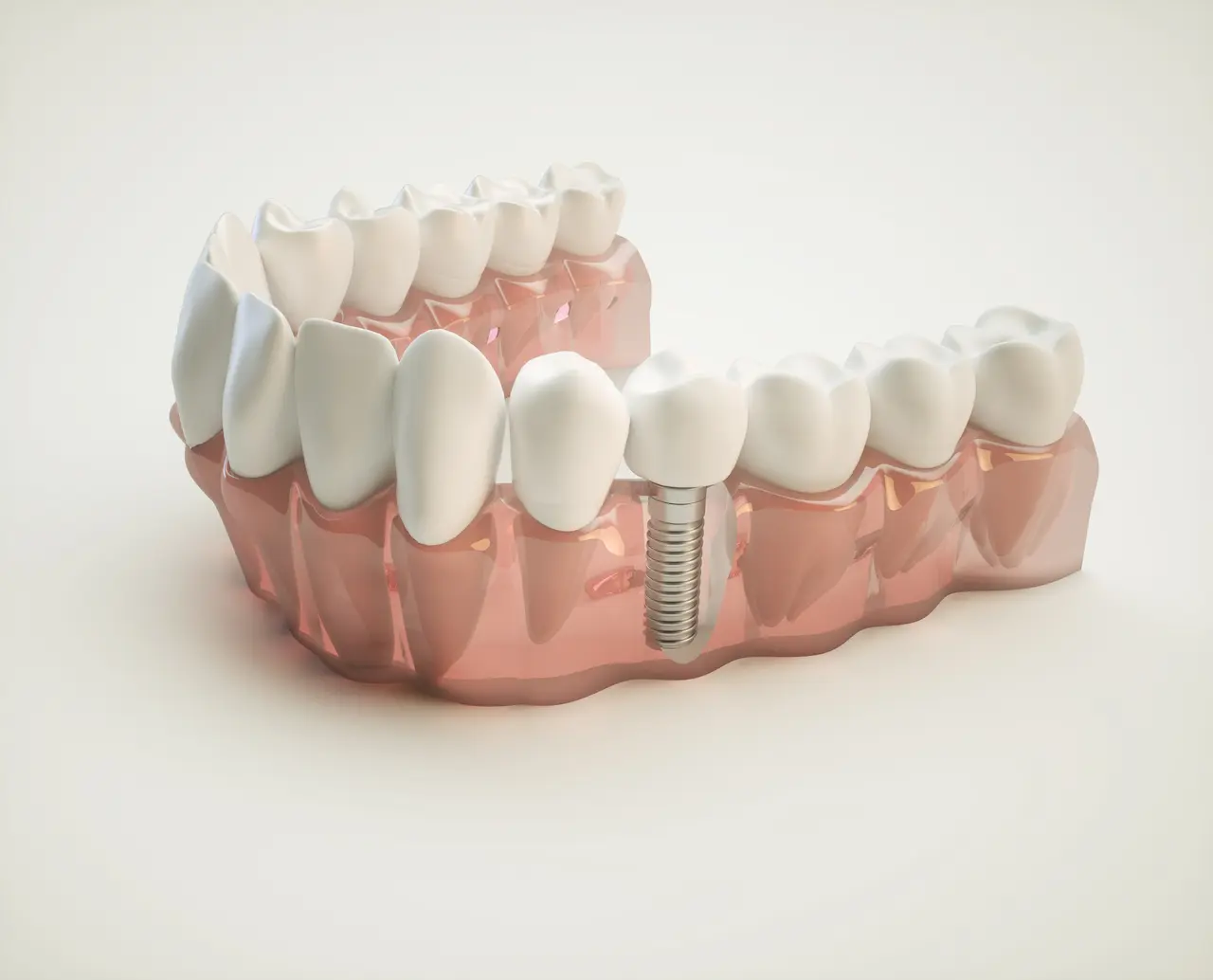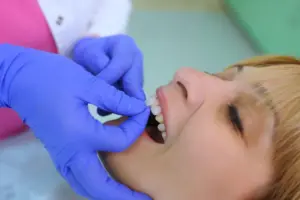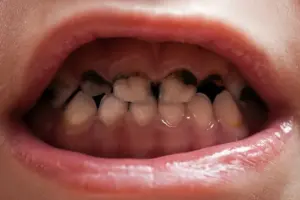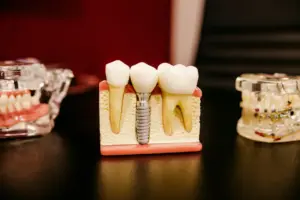Advice About Healing From Dental Implants
Table of Contents
ToggleThe gold standard in replacing missing teeth is the implant. A titanium root is gently inserted into the jawbone. After three months, the implant will be fused to the bone. After this, we will insert a post into the implant. We then place a porcelain crown over the abutment. Viola! Your smile is restored.
Our recovery rate is 100 per cent, depending on the circumstances of the patient and the complexity. We have put together a list with tips and suggestions to ensure that you recover quickly and completely after implant placement.
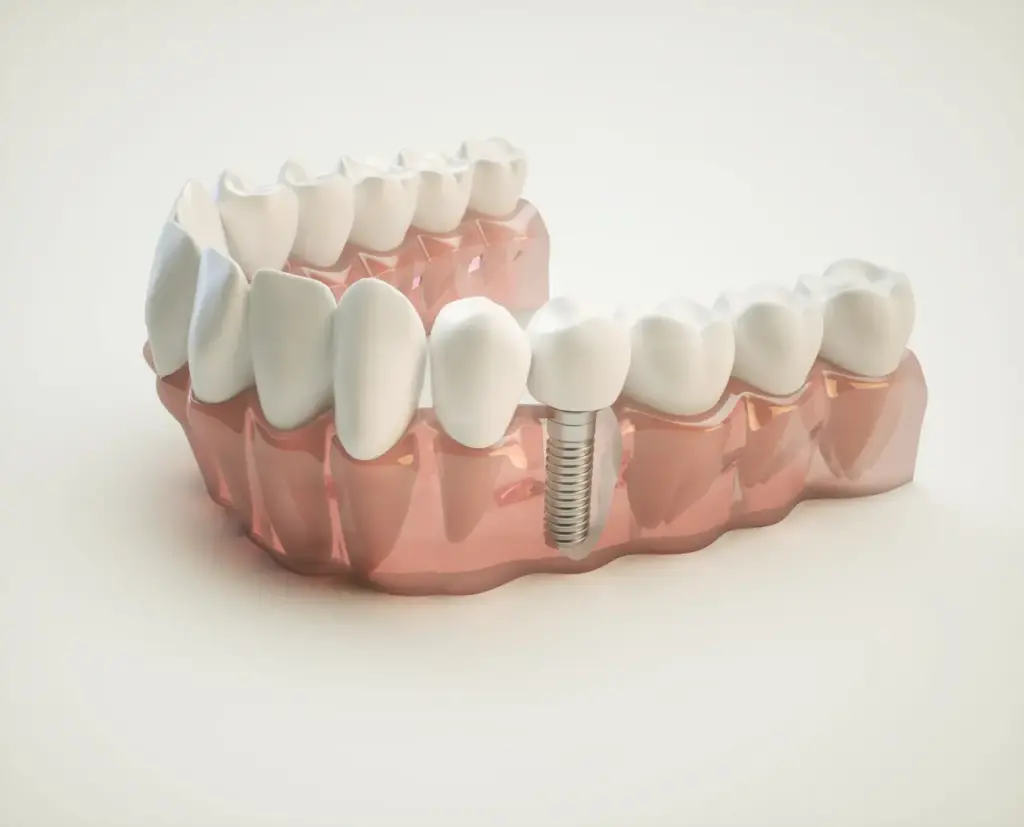
Dental Implant Recovery: Factors that influence it
- The overall health of the patient, including systemic illnesses, ie. Diabetes, pre-existing conditions
- Pre-existing periodontal disease (i.e. Pre-existing periodontal diseases
- Smoking is something that must be completely stopped during the recovery period, if not permanently.
- No alcohol for 2 weeks after surgery
- The location (anterior/posterior or upper/lower).
- The number of implants (single or multiple)
- If teeth are missing or need to be extracted, the dentist will perform an extraction.
- If the site of surgery needs to be enhanced with bone grafts (to increase the amount of bone) before the implant can go in
- Age of the patient
- Consumption of vitamin supplements and diet. After surgery, our patients are asked to follow a soft-food diet for 3-14 days. Smoothies, egg-white omelettes and pasta are all suitable. Soups with hearty vegetables, fruits, and fruit that can be blended also fit the bill.
The bone should grow as quickly as possible into the implant. These vitamins can help:
- Calcium – 400 mg daily for 3 months to help with new bone formation.
- Vitamin D3 — Take 1000 IU of vitamin D per day for 3 months to ensure that your body can absorb calcium from the small intestinal tract into the bloodstream.
- Vitamin — K2 90 milligrams per day for 3 months. This helps to incorporate calcium from the bloodstream into the jawbone matrix.
- Turmeric — Take 1000mg per day, for two weeks, to reduce swelling and inflammation after surgery.
What to avoid after Surgery
The recovery phase is crucial because dental implants must fuse with bone to be as durable and strong as possible. This is called osseointegration. The faster the recovery is, the quicker you can achieve a confident smile.
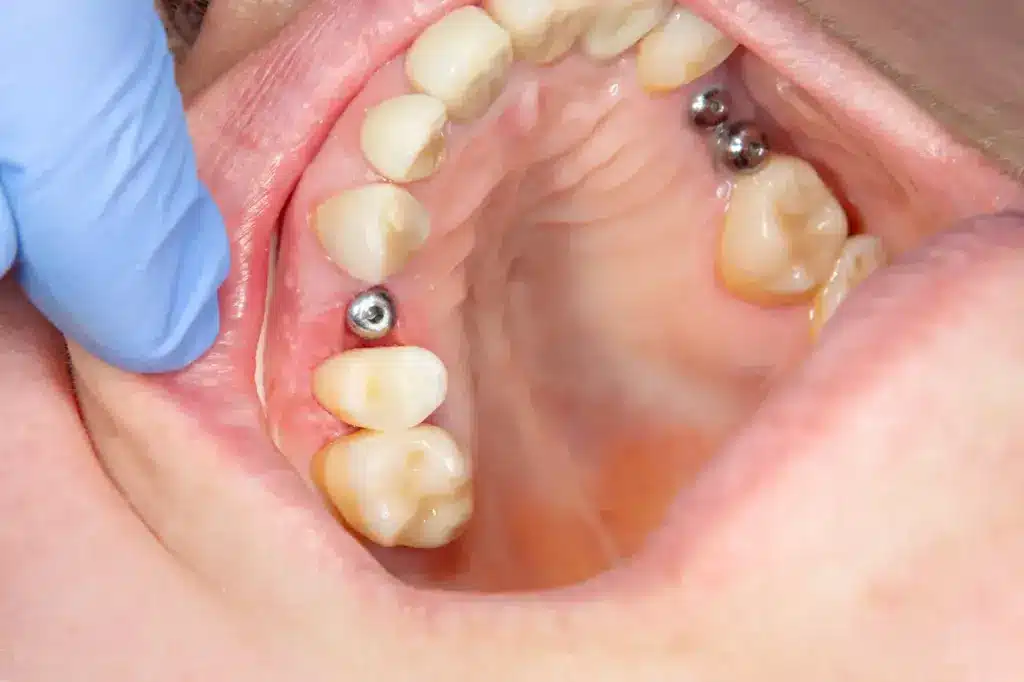
Follow these guidelines to ensure the best recovery possible after surgery:
- After surgery, you should not engage in any strenuous activities for at least two weeks.
- No lifting, or bending the head downward.
- No smoking.
- Two weeks without alcohol
- Avoid caffeine whenever possible.
- Nuts or seeds, as well as foods that are hard, chewy or crusty, should be avoided.
- Avoid spices that may irritate the surgical area or cause it to become inflamed.
- Sleeping on your stomach is not recommended. Sleeping on your side or back is the best option. If possible, elevate your head.
- After surgery, do not vigorously rinse for a week.
- Avoid using mouthwash whenever possible.
By following these protocols, you can ensure a rapid and optimal implant recovery by preventing irritation or damage at the surgical site.
Implant Healing Recovery: Tips for After Surgery
- Rest. Prioritise resting and elevating your head for the first two days after dental implant surgery. Some people with simple implant placements can return to work on the same day. However, it’s up to you to decide what is best for you.
- Ice surgical site: You will need to ice your surgical site regularly for 10 minutes every 10 minutes, between one and two days after surgery. Ice the surgical site to reduce swelling and discomfort. This is usually minimal.
- Restart your oral hygiene routine. After the first post-operative day, we want you to resume proper oral hygiene. Avoid mouthwash and electric toothbrushes. Brush and floss gently.
- Rinse with Peridex. Lavage your mouth gently twice daily on the second day following surgery. Peridex can be substituted with warm salt water as a mouth lavage. Use 1 tablespoon of salt for every glass of water.
- Continue to take your medication as directed: While you rest and ice the surgical site, continue taking your medications as prescribed. Antibiotics are used to prevent infection after surgery. They usually last seven days. Analgesics reduce pain, swelling, inflammation and inflammation. For the first few days after surgery, we suggest alternately taking acetaminophen with ibuprofen.
- Eat soft food: You need to consume soft foods for one to two weeks following your surgery. Soft foods include fruit, smoothies, oatmeal yogurt, mashed potato pudding and soups. Soft foods are essential to your recovery.
- Hydrate frequently: Drinking plenty of water can help you to feel better.
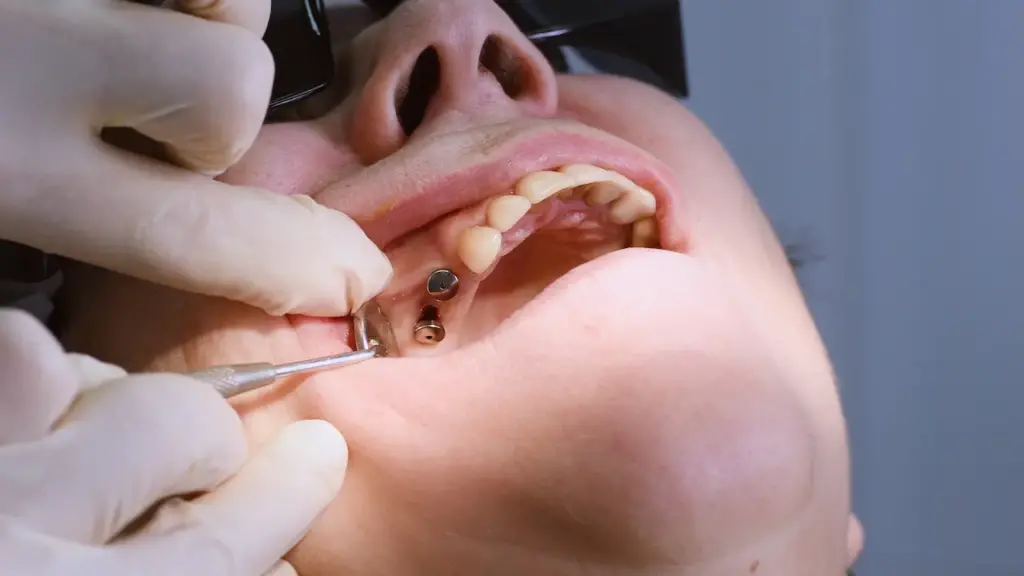
What to expect after dental implant surgery
Normal is bleeding, swelling and the need for stitches. Here are some tips to help prevent excessive bleeding and swelling.
- Normal post-operative bleeding. Bleeding may last 48-72 hours after surgery. Bite on sterile gauze to stop bleeding for 10 minutes. Tea bags that are cold and moist can also be used to stop bleeding.
- Swelling is to be expected depending on the severity. There is very little swelling in simple implant placement. When you get home, we recommend icing the area 10 minutes on and then 10 minutes off over the next two days. Use ice cubes or crushed ice. However, frozen green peas placed in a sandwich bag may be more comfortable.
- Sutures (stitches), in some cases, will be used. Dissolvable sutures are used, which dissolve in 4 to 6 days.
Dental Implants: How to Care for them
Properly caring for dental implants will help you maintain good oral health and reduce the risk of bone loss. It will also prevent bacteria from growing. Patients are advised to:
- Maintain a good oral hygiene routine. Continue to brush, rinse, and floss your dental implants every day, as you would without implants. Use an interdental brush to clean between the teeth and the dental implant. Brushing thoroughly will help prevent the accumulation of bacteria in your gums that can lead to gingivitis or periodontitis.
- Continue professional care. Schedule cleanings at least twice per year with a dental hygiene specialist. Hygienists have been trained to care for dental implants and can identify any problems or complications that may arise before they lead to pain or gum disease. Alert your dentist if you experience pain or any other unusual problems with your implants.
- Avoid smoking or chewing tobacco: Patients are advised to refrain from using tobacco products after receiving a dental implant. There is a link between smoking and dental implant failure.

